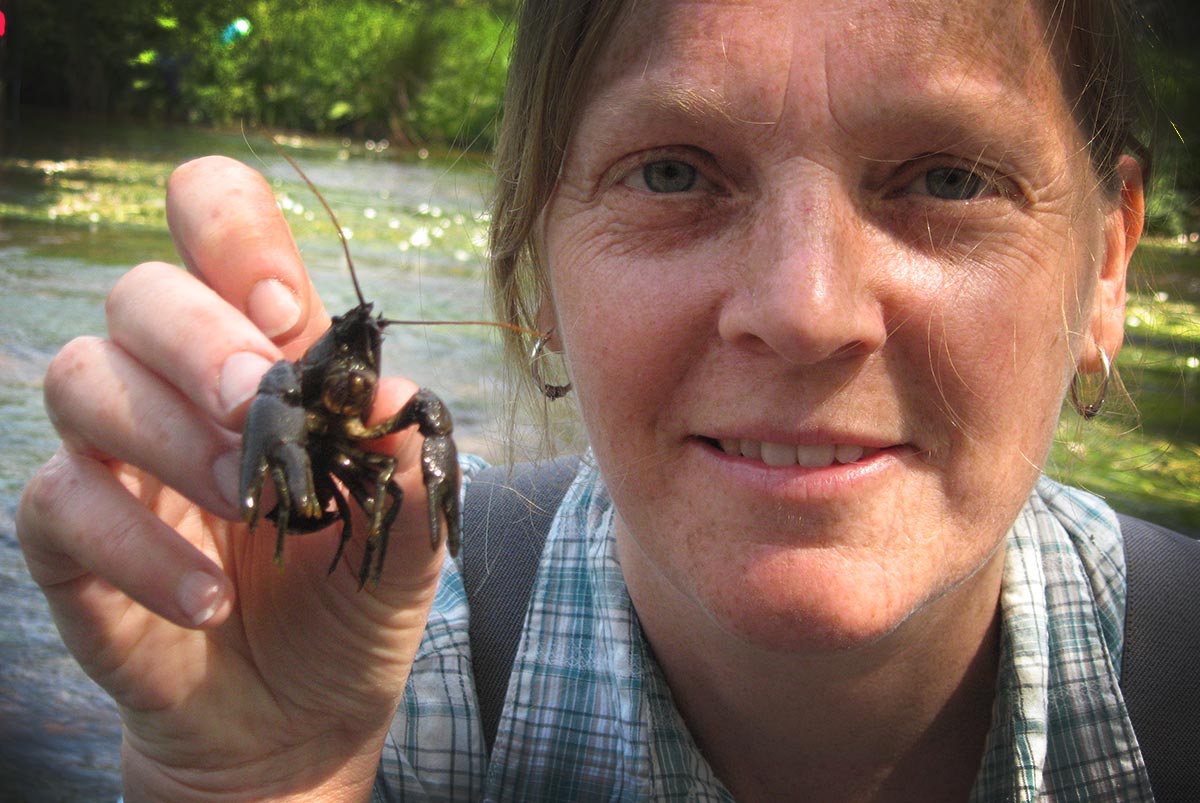
Save the Crayfish campaigns to protect native populations from invasive threats. Conservationists unite to safeguard river ecosystems and sustain a delicate natural balance.
Devon communities are about to lose a piece of their natural heritage forever, with the White- clawed Crayfish at risk of extinction in less than five years. Recognised as endangered, it is a key species within thefreshwater ecosystemand an indicator of high water quality. The UK's only native freshwater crayfishisin decline due to habit degradation andthe introduction of the non-native North American Signal Crayfish which out-competes for food and bringsdisease fromwhich it has nonatural resistance.There are continued efforts to re-home the Crayfish in safe 'ark' sights, in orderto save this native species.
Carly Hobson from the Wild Planet Trust explains a little about the how they are working to prevent this. “We’ll galvanise communities around the River Culm, reconnect them to the beautiful complexity of our wild landscape and empower them to take stewardship of native species. We’ll train local people of all ages as citizen scientists to support and encourage them to get wet and muddy and generate excitement about our local environment. By working together to save this species on the verge of extinction we demonstrate hope and connection to our wild planet.”

As well as opening up volunteering opportunities through the year, with the associated benefits for individuals. The project will of course have a much wider impact as well.
“We’re working closely with local landowners to identify at least 4 safe ark sites to re-home WC crayfish. Our partners the Blackdown Hills AONB have already done some incredible work spreading awareness and engaging local people schools landowners parish councils and businesses with the plight of the WC’s”
As part of the overall project the Alpkit Foundation will be helping fund two invertebrate surveys carried out by the volunteers to enable them to assess whether the ark sites would be suitable to re-home WC crayfish.
The Wild Planet Trust, formerly Whitley Wildlife Conservation Trust, supports conservation in the United Kingdom and overseas using funds generated by the people who visit the zoos and the expertise and dedication of its staff. Conservation projects are coordinated by the Field Conservation and Research Department based at Paignton Zoo.

UK conservation officerTracey Hampston proudly shows off White -clawed Crayfish that needs our help.